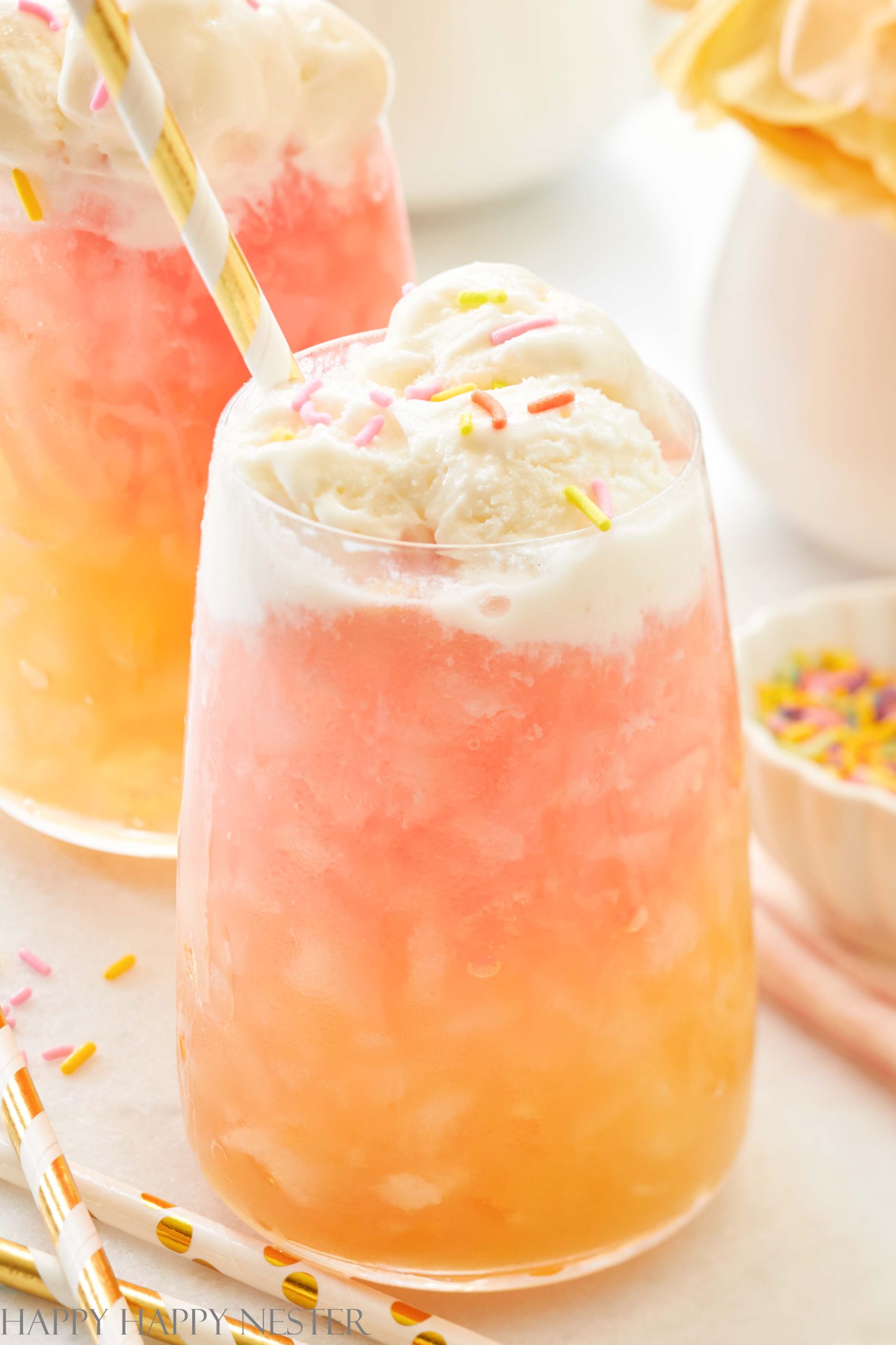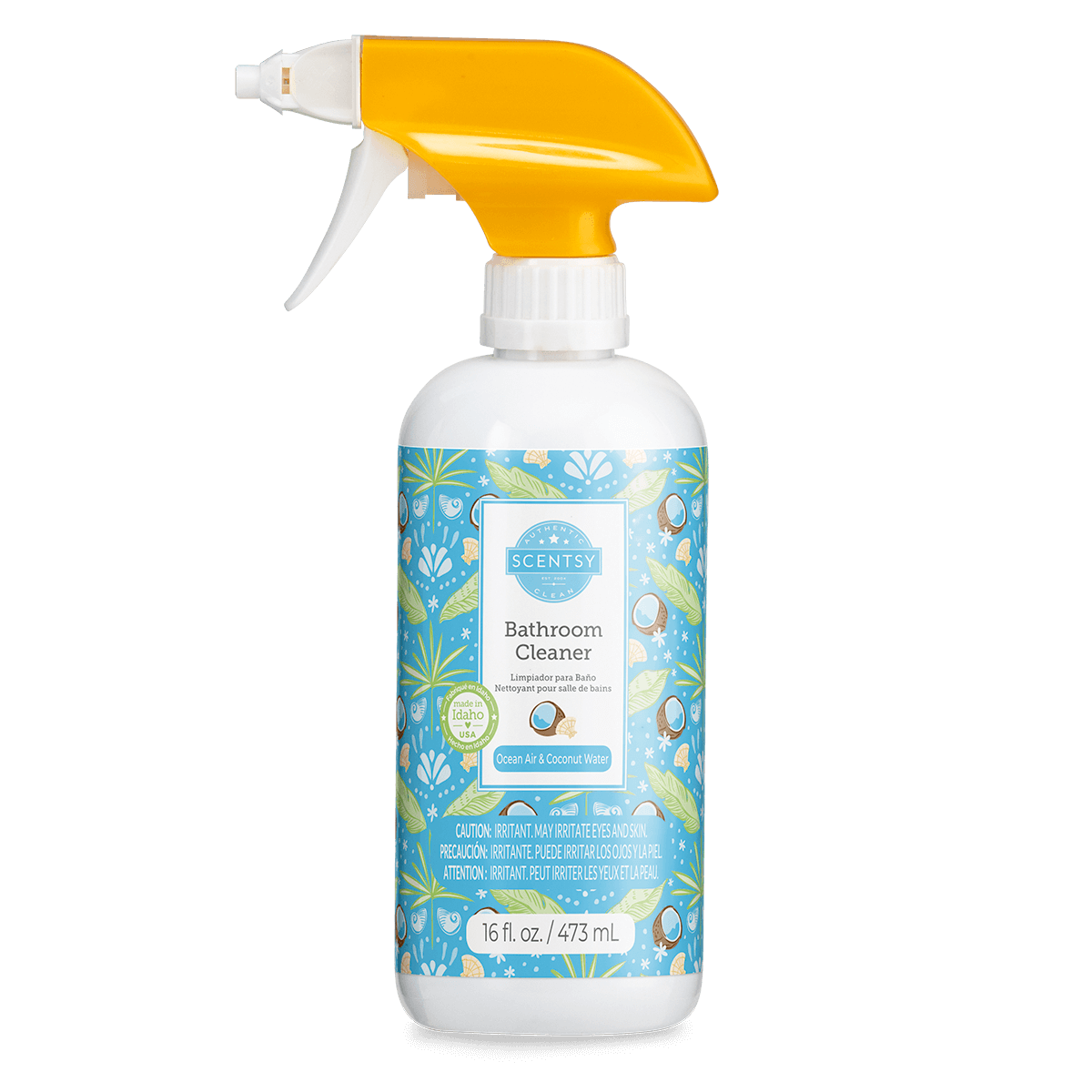Pineapple Cranberry Coconut Water is an invigorating beverage that combines the tropical flavors of pineapple, the tartness of cranberries, and the refreshing hydration of coconut water. This delightful blend is not only a treat for your taste buds but also a powerhouse of nutrients. As an expert in crafting informative and engaging content, this article aims to delve deep into the many benefits, uses, and recipes of Pineapple Cranberry Coconut Water, ensuring you get the most out of this tropical delight.
With its growing popularity, Pineapple Cranberry Coconut Water has become a staple in health-conscious households and trendy cafes alike. It's praised not only for its unique flavor profile but also for its numerous health benefits, making it a favorite among fitness enthusiasts, health advocates, and anyone looking to enjoy a refreshing beverage without the guilt. This article will provide you with a comprehensive understanding of why this drink is taking the world by storm and how you can incorporate it into your daily routine.
Whether you're looking to quench your thirst on a hot summer day or searching for a nutritious post-workout drink, Pineapple Cranberry Coconut Water offers a perfect solution. In the following sections, we will explore the origins of this exotic blend, its nutritional composition, health benefits, potential drawbacks, and versatile culinary uses. Additionally, we'll share some exciting recipes and answer frequently asked questions to ensure you have all the information you need to enjoy this revitalizing beverage to the fullest.
Read also:The Untold Story Behind Phil Donahue And Alzheimers
Table of Contents
- Origin and History
- Nutritional Composition
- Health Benefits
- Potential Drawbacks
- Culinary Uses
- Refreshing Recipes
- How to Choose the Best Pineapple Cranberry Coconut Water
- Storage Tips
- Environmental Impact
- Commercial Brands
- DIY Homemade Pineapple Cranberry Coconut Water
- Consumer Reviews and Feedback
- Frequently Asked Questions
- Conclusion
Origin and History
The journey of Pineapple Cranberry Coconut Water begins with the individual histories of its three main components. Pineapples are believed to have originated in South America, particularly in the region that is present-day Brazil and Paraguay. They were brought to Europe by Christopher Columbus in 1493 and soon became a symbol of wealth and hospitality. Cranberries, on the other hand, have a rich history in North America. Native Americans used cranberries as food, medicine, and dye, and they were later adopted by European settlers. Coconut water, the clear liquid found inside young coconuts, has been consumed for centuries in tropical regions across Asia, Africa, and the Pacific Islands due to its hydrating properties and nutrients.
The combination of these flavors in Pineapple Cranberry Coconut Water is a relatively modern innovation, driven by health trends and the demand for unique, flavorful beverages. The fusion of tropical sweetness, tartness, and refreshing hydration captures the essence of a tropical paradise, making it a beloved choice for many.
Nutritional Composition
Pineapple Cranberry Coconut Water is not just a delicious drink; it's packed with essential nutrients. Pineapples are rich in vitamin C, manganese, and bromelain, an enzyme known for its anti-inflammatory properties. Cranberries provide a good source of vitamin C, fiber, and antioxidants, which help in fighting free radicals. Coconut water is renowned for its high electrolyte content, including potassium, magnesium, and calcium, making it an excellent hydration drink.
This blend is naturally low in calories and free from added sugars (when made naturally), making it a healthy option for those watching their calorie intake. The combination of these ingredients creates a beverage that supports immune function, aids digestion, and boosts overall health.
Health Benefits
The health benefits of Pineapple Cranberry Coconut Water stem from its rich nutritional profile. The vitamin C from pineapples and cranberries enhances immune function and collagen formation. Bromelain in pineapples aids digestion and reduces inflammation, which can be beneficial for people with arthritis or sports injuries. Cranberries are known for their role in preventing urinary tract infections due to their high concentration of proanthocyanidins.
Coconut water's electrolytes, especially potassium, help maintain fluid balance, regulate blood pressure, and support heart health. This makes Pineapple Cranberry Coconut Water an ideal post-workout drink that replenishes lost fluids and nutrients.
Read also:Winter Phenomenon Chicago Frost Quakes Explained
Potential Drawbacks
While Pineapple Cranberry Coconut Water is generally safe for most people, there are some potential drawbacks to consider. People with allergies to any of the fruit components should avoid this beverage. Additionally, those with kidney disorders should be cautious with coconut water due to its potassium content, which could exacerbate certain conditions.
It's also important to be mindful of the sugar content, especially in commercially produced versions that may have added sugars. Always check the label for ingredients and nutritional information to ensure you're getting the healthiest option.
Culinary Uses
Pineapple Cranberry Coconut Water is not just a refreshing drink; it also has versatile culinary uses. It can be used as a base for smoothies, providing a tropical twist to your favorite blends. It also serves as a flavorful addition to cocktails, mocktails, and punches, offering a unique flavor that pairs well with other tropical fruits and spirits.
In cooking, Pineapple Cranberry Coconut Water can be used to marinate meats, adding a subtle sweetness and tenderizing properties. It can also be incorporated into baking, infusing cakes, muffins, and breads with a refreshing flavor. The possibilities are endless, and experimenting with this tropical blend can lead to delightful culinary creations.
Refreshing Recipes
To fully enjoy Pineapple Cranberry Coconut Water, try some of these refreshing recipes:
- Tropical Smoothie: Blend Pineapple Cranberry Coconut Water with banana, mango, and a handful of spinach for a nutrient-rich smoothie.
- Fruit Punch: Mix Pineapple Cranberry Coconut Water with orange juice, slices of fresh pineapple, and a splash of grenadine for a vibrant fruit punch.
- Cocktail: Combine Pineapple Cranberry Coconut Water with rum, lime juice, and mint leaves for a tropical cocktail.
- Marinade: Use Pineapple Cranberry Coconut Water as a base for a chicken or pork marinade, adding garlic, ginger, and soy sauce for flavor.
How to Choose the Best Pineapple Cranberry Coconut Water
When selecting Pineapple Cranberry Coconut Water, opt for products that are free from added sugars, artificial flavors, and preservatives. Look for options that use 100% natural ingredients and have a short ingredient list. Organic and non-GMO options are also preferable for those seeking the highest quality products.
Check for certifications on the label, such as USDA Organic or Non-GMO Project Verified, to ensure you're getting a product that meets your health and ethical standards.
Storage Tips
Proper storage is essential to maintain the freshness and flavor of Pineapple Cranberry Coconut Water. Keep unopened bottles in a cool, dark place away from direct sunlight. Once opened, store the beverage in the refrigerator and consume it within a few days for optimal taste and nutritional quality.
For homemade versions, store in an airtight container in the refrigerator and consume within 3-5 days.
Environmental Impact
The production of Pineapple Cranberry Coconut Water has an environmental impact, particularly in terms of sourcing and packaging. Pineapples, cranberries, and coconuts are often grown in different regions, leading to a significant carbon footprint due to transportation. Choosing locally sourced or sustainably farmed ingredients can help mitigate this impact.
Additionally, opt for brands that prioritize eco-friendly packaging, such as recyclable or biodegradable materials, to reduce waste and promote environmental sustainability.
Commercial Brands
Several brands offer Pineapple Cranberry Coconut Water, each with its unique blend and flavor profile. Some popular brands include Vita Coco, Harmless Harvest, and C2O. It's important to compare the ingredient lists, nutritional information, and certifications to find a brand that aligns with your health and ethical preferences.
Exploring different brands can also help you discover new flavors and variations that might become your favorites.
DIY Homemade Pineapple Cranberry Coconut Water
Creating your own Pineapple Cranberry Coconut Water at home is a simple and rewarding process. Here's a basic recipe to get you started:
- Ingredients:
- 1 cup fresh pineapple chunks
- 1/2 cup cranberries (fresh or frozen)
- 2 cups coconut water
- 1 tablespoon honey or to taste (optional)
- Instructions:
- Blend the pineapple chunks and cranberries until smooth.
- Strain the mixture using a fine sieve to remove pulp.
- Mix the strained juice with coconut water and honey (if using) in a pitcher.
- Chill in the refrigerator for at least an hour before serving.
Consumer Reviews and Feedback
Consumer reviews of Pineapple Cranberry Coconut Water highlight its refreshing taste and health benefits. Many users appreciate the natural sweetness and hydrating qualities, making it a popular choice for athletes and individuals on the go. Some reviews mention the versatility of the beverage, enjoying it both as a standalone drink and as an ingredient in smoothies and cocktails.
However, some consumers have noted that certain brands may have a stronger coconut flavor, which might not be to everyone's taste. It's always a good idea to try different brands and find the one that suits your palate best.
Frequently Asked Questions
- Is Pineapple Cranberry Coconut Water suitable for vegans?
Yes, Pineapple Cranberry Coconut Water is typically vegan-friendly as it is made from plant-based ingredients.
- Can I drink Pineapple Cranberry Coconut Water every day?
Yes, you can enjoy Pineapple Cranberry Coconut Water daily as part of a balanced diet. However, moderation is key, especially if you are monitoring your sugar intake.
- Is Pineapple Cranberry Coconut Water good for weight loss?
Pineapple Cranberry Coconut Water is low in calories and can be a part of a weight loss diet when consumed in moderation.
- Does Pineapple Cranberry Coconut Water contain added sugars?
It depends on the brand. Always check the label for added sugars and choose brands that offer 100% natural ingredients.
- Can I make Pineapple Cranberry Coconut Water at home?
Yes, you can easily make Pineapple Cranberry Coconut Water at home with fresh ingredients. Follow the DIY recipe provided in the article.
- What are the health benefits of Pineapple Cranberry Coconut Water?
It offers hydration, immune support, improved digestion, and antioxidant protection, among other benefits.
Conclusion
Pineapple Cranberry Coconut Water is a refreshing and healthful beverage that combines the best of tropical flavors with nutritional benefits. Whether you're sipping it straight, mixing it into smoothies, or using it as a base for culinary creations, this drink offers a versatile and delicious way to stay hydrated and healthy. By choosing high-quality products and experimenting with homemade recipes, you can enjoy this tropical delight while supporting your overall well-being.
As you explore the world of Pineapple Cranberry Coconut Water, remember to consider the environmental impact of your choices and support brands that prioritize sustainability. With its delightful taste and numerous health benefits, Pineapple Cranberry Coconut Water is a beverage that deserves a spot in your daily routine.

